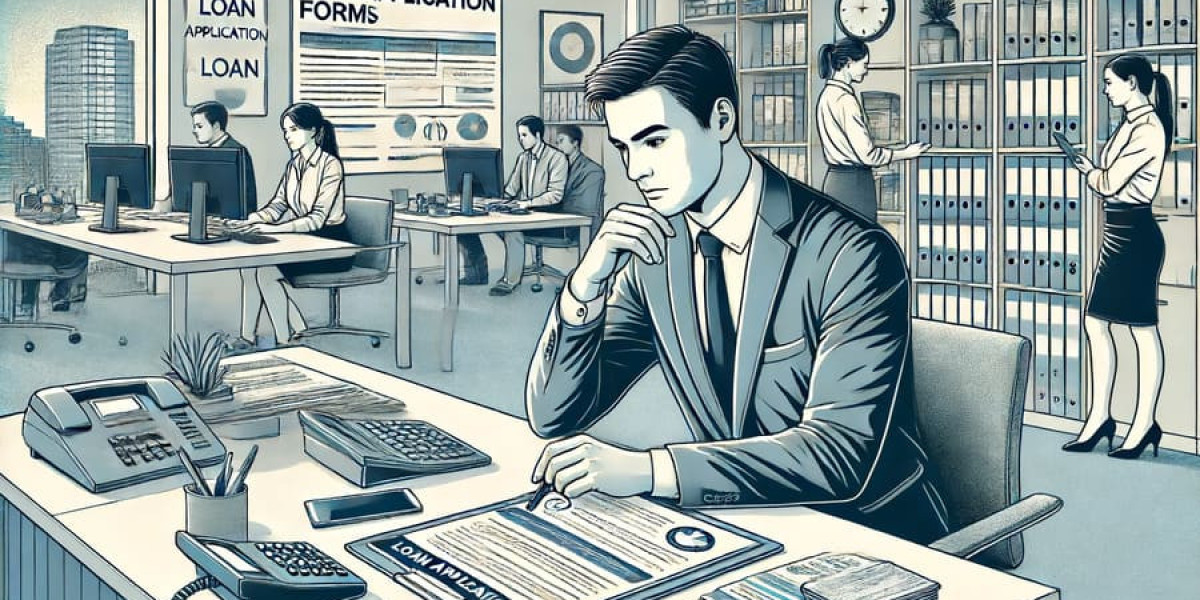Driving with Worn Brake Pads? Here’s What It’s Really Doing to Your Car
If you’ve been putting off a trip to the shop because you hear squealing or feel a grinding sensation when hitting the brakes, now’s the time to pay attention. This guide dives into why worn brakes are more than just a nuisance—they’re silently damaging key systems in your vehicle. By understanding the risks and addressing problems early through brake services, you can save money, avoid breakdowns, and stay safer on the road.
Your Experience Matters
Before diving in, consider this question: Have you ever noticed unusual noises or feelings when braking, and if so, what did you do about it? Share your experience below.
1. What Happens When Brake Pads Wear Down?
Brake pads are the unsung heroes of stopping power. They press against the rotors when you hit the brakes, creating friction that slows the car. Over time, the material on those pads wears down. That’s normal—but driving on worn pads?
Noise increases: Squealing, screeching, or grinding sounds mean the pad is worn to the metal.
Reduced stopping power: Thin pads take longer to slow your car, increasing braking distance.
Heat buildup: Thin material can’t absorb heat well, leading to overheating and warped rotors.
2. Your Rotors Take the Hit
When brake pads wear out completely, metal scrapes directly against the rotors. This leads to:
Deep grooves and scoring on rotors
Warped surfaces causing vibration when braking
Complete rotor failure, forcing you to replace an entire rotor rather than just pads
Rotor damage gets expensive fast. Replacing rotors costs much more than regular pad swaps during routine brake services.
3. Calipers and Hardware Under Strain
Your braking system includes more than just pads and rotors. It features calipers, slides, and sensors—all vulnerable when pads wear. Worn brake pads cause:
Sticking caliper pistons, meaning brakes stay engaged
Uneven brake pad wear as some sides work harder than others
Sensor or hardware damage, raising error lights or failing ABS alarms
These issues can lead to unpredictable braking, pulling to one side, or warning lights—none of which are fun or safe.
4. Impact on Brake Fluid and Lines
Over time, extreme heat and friction from worn pads can impact brake fluid and hoses. Consequences include:
Degraded brake fluid, leading to spongy pedal feel
Heated hoses that wear faster or rupture
ABS or hydraulic failure, reducing control during sudden stops
Flushing fluid and inspecting hoses is part of a full brake services inspection—and ignoring it risks whole-system failure.
5. Wheels, Bearings, and Suspension
Could worn brake pads affect parts beyond your stopping system? You bet.
Wheel bearing wear: Vibrations or dragging can harm bearings
Suspension misalignment: Braking problems affect shock and strut performance
Tire wear: Uneven braking can lead to cupping or premature wear
A seemingly simple brake issue can cascade into expensive repairs. Fix it now, or pay later.
6. Safety Risks You Can’t Ignore
Longer stopping distance: That split-second could be life or death
Brake failure risk: Metal-on-metal contact isn’t just noisy—it can lock wheels
Loss of control: Uneven braking can cause swerving or pulling
Ignoring worn pads puts you, your passengers, and others on the road in harm’s way. Brakes Services in Abu Dhabi keep your car safe and reliable.
7. Fuel Economy and Emissions Impact
You might not connect worn brakes with gas mileage, but there’s a link:
Brake drag wastes energy
Extra resistance forces the engine to work harder
Increased emissions due to inefficiency and overheated components
Well-maintained brakes help your wallet and the environment. Another benefit of professional brake inspections.
8. Save Money with Proactive Maintenance
Replacing brake pads early costs less than:
Warped rotor replacement
Caliper rebuilds or hydraulic repairs
Suspension and bearing replacement
Fuel losses and premature tire wear
Routine brake checkups at a trusted shop like AutoCare Pros can save thousands in avoidable repairs.
9. How to Tell If It’s Time for New Pads
Here are the most reliable warning signs:
Squeaks or squeals when braking
Grinding or metal-on-metal noise
Longer stopping distance, or pulling when stopping
Vibration or pulsation in brake pedal
Brake warning light on your dashboard
If any appear, it’s time to schedule Brakes Services in Abu Dhabi to prevent bigger issues.
10. What to Expect at Your Brake Check
When you bring your car in, a mechanic from AutoCare Pros will:
Inspect pad thickness and rotor condition
Check calipers, slides, and sensors
Assess fluid level and brake line health
Test ABS and pedal feel
Provide a full report and fixed estimate
Most jobs are quick and affordable, with warranties included for parts and labor.
11. Choosing Quality Brake Pads
Not all pads are created equal. Here’s what to consider:
Ceramic vs. semi-metallic vs. organic: Ceramic offers quiet braking and less dust; semi‑metallic works in extreme conditions.
Brand and rating: Choose pads rated for your driving style—daily commute, towing, or heavy load.
Pad warranties: Many top‑tier pads come with limited lifetime warranties when installed by certified shops.
Discuss your driving habits with your mechanic to pick the best fit.
12. DIY vs. Professional Brake Services
DIY replacement: Some drivers enjoy the challenge, but without proper tools and knowledge, mistakes happen.
Professional inspection: Certified shops catch hidden issues and offer warranty coverage.
Unless you’re an experienced DIYer with proper tools and training, professional brake servicing is the safer, smarter choice.
13. How Often Should You Check Pads?
Unless your vehicle has wear sensors, it’s wise to inspect every 10,000 to 12,000 miles, or once per year. If you tow heavy loads or drive in stop‑and‑go traffic, check pads every 6 months or 6,000 miles.
14. Brake Services vs. Brake Replacement
Brake services usually involve inspection and fluid checks.
Brake replacement includes pads, possibly rotors, hardware, and recalibration.
If only pads are thin but rotors are good, you’ll save time and cost. Full replacement is only needed when pads have damaged other components.
15. Final Thoughts
Driving with worn brake pads negatively impacts your rotors, calipers, fluid, suspension, safety, fuel economy—and your wallet. Skip the risk by scheduling timely brake services with a professional team like AutoCare Pros. It’s a small investment today that pays dividends in long-term reliability, performance, and peace of mind.
Take Action Now
Next time you hear a whisper of a squeal, don’t ignore it. Call Brakes Pads Replacement in Dubai, ask for a brake check, and keep your car—and yourself—safe on the road.








